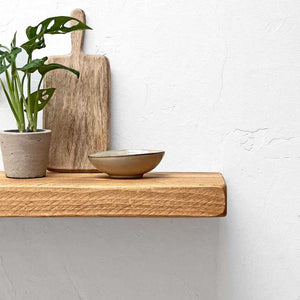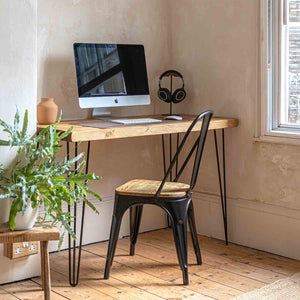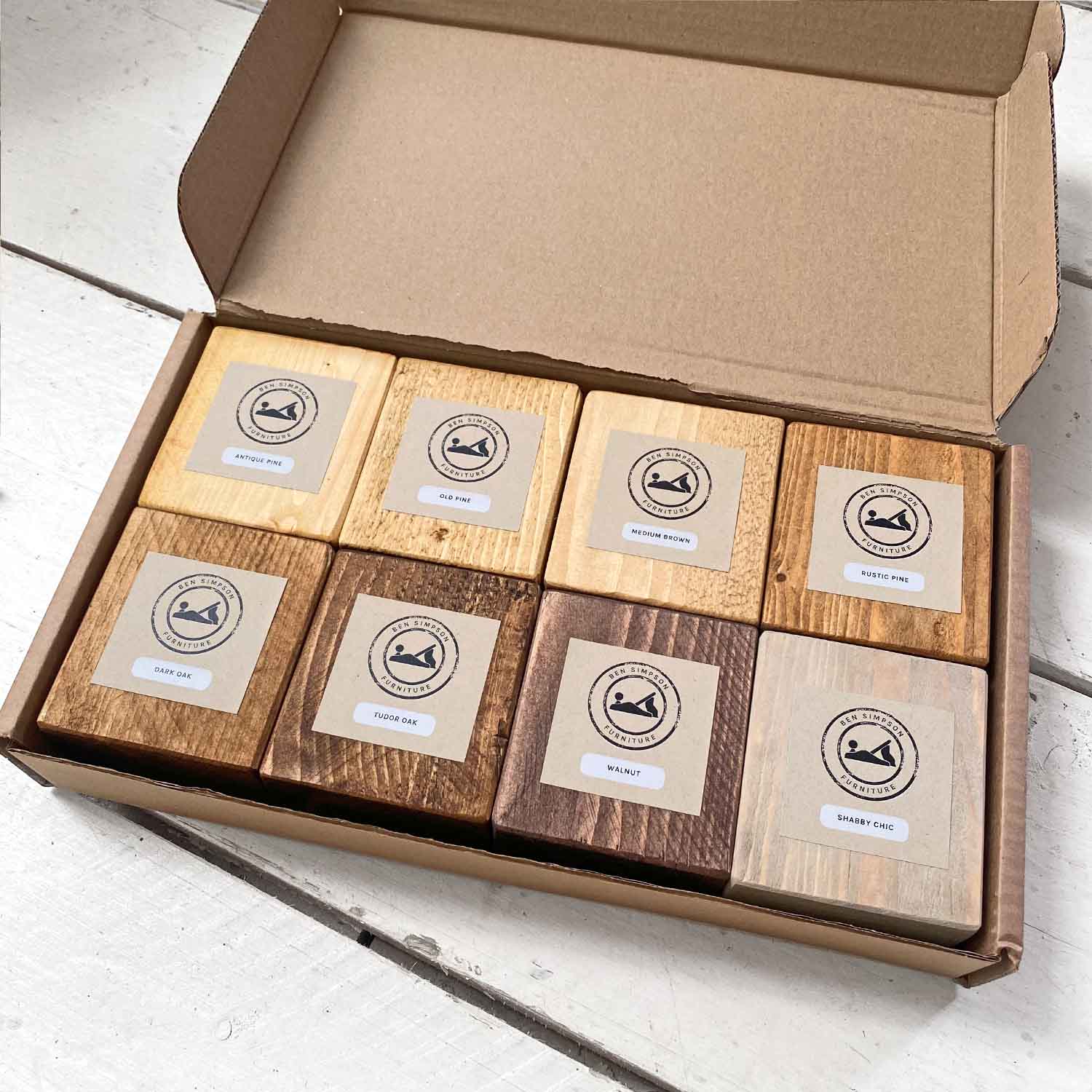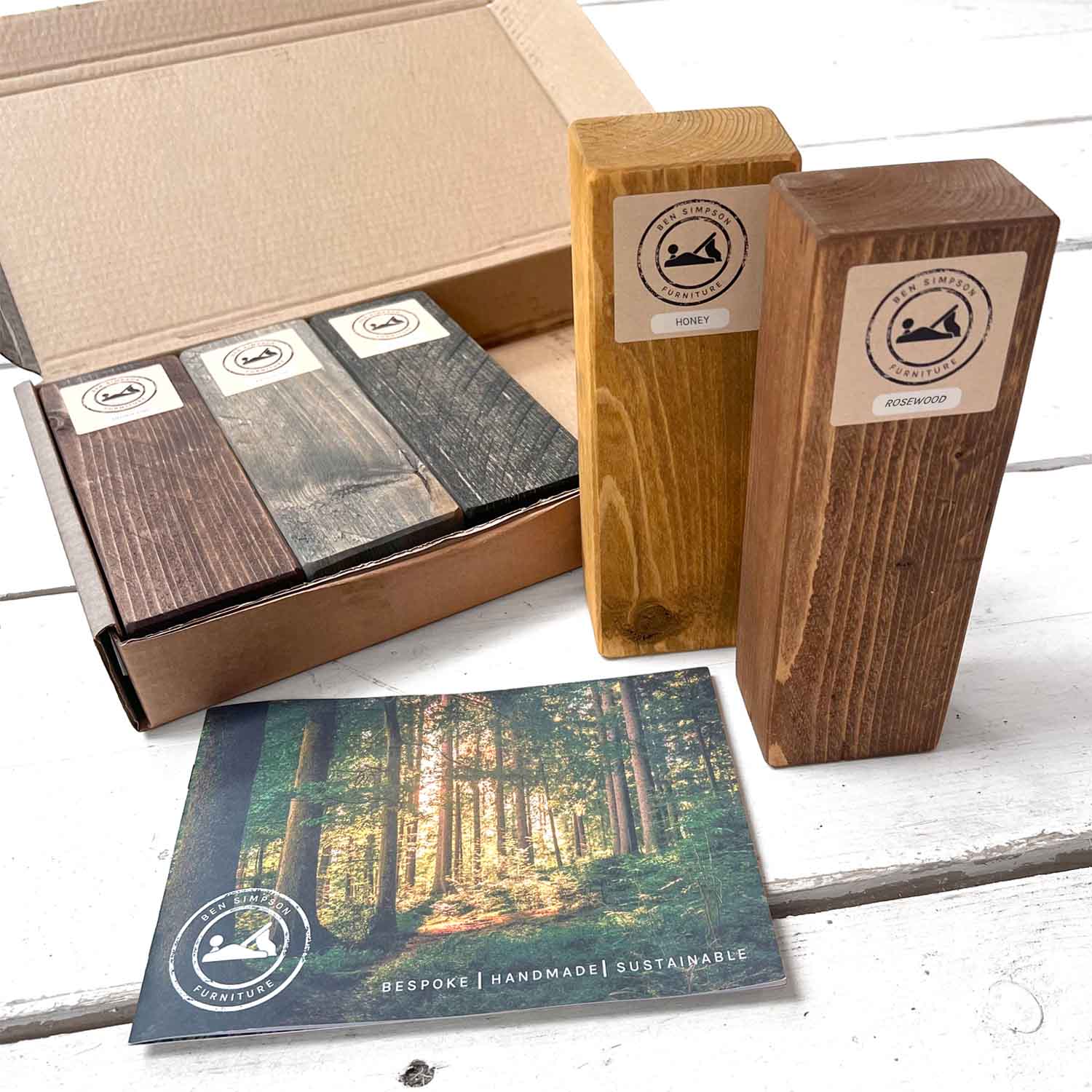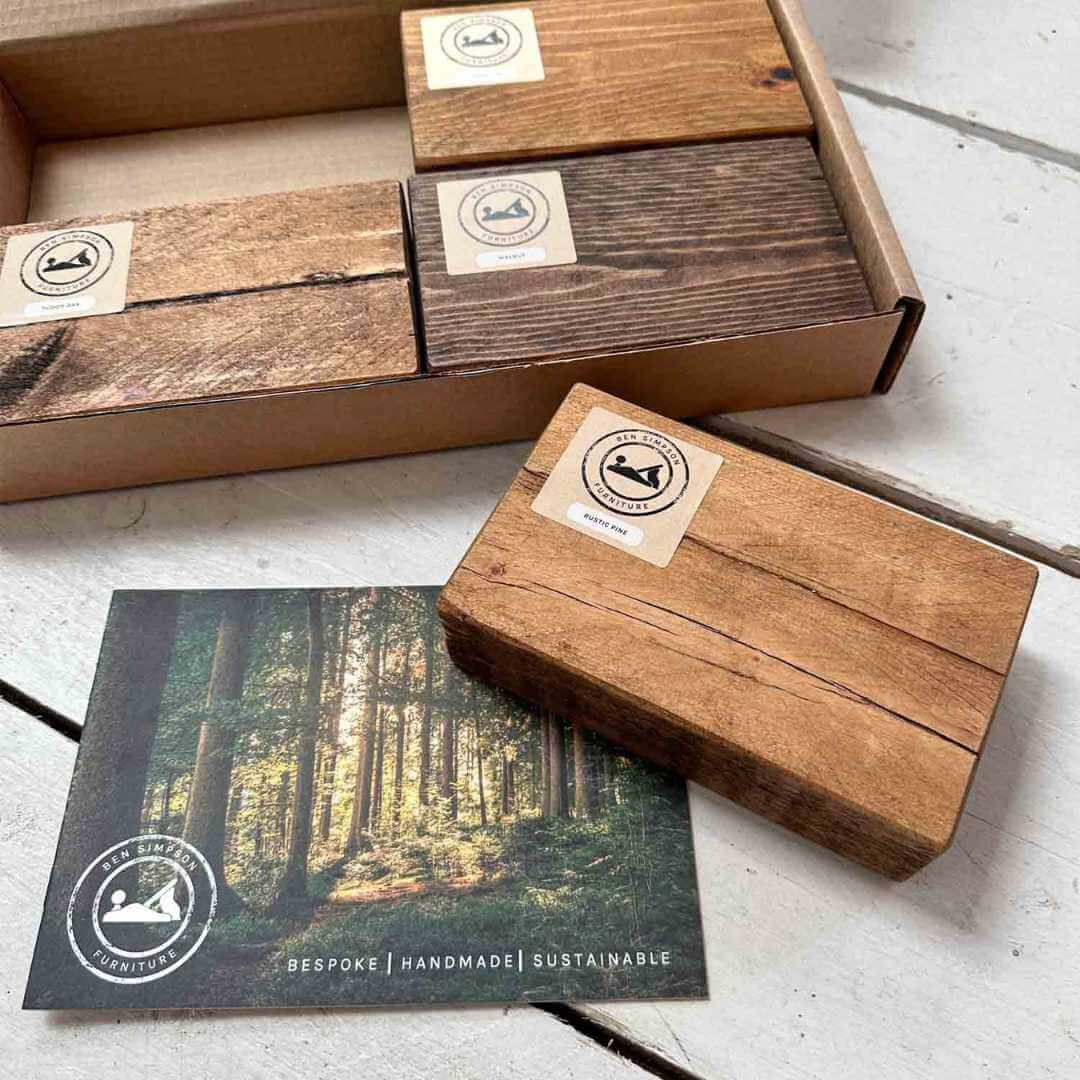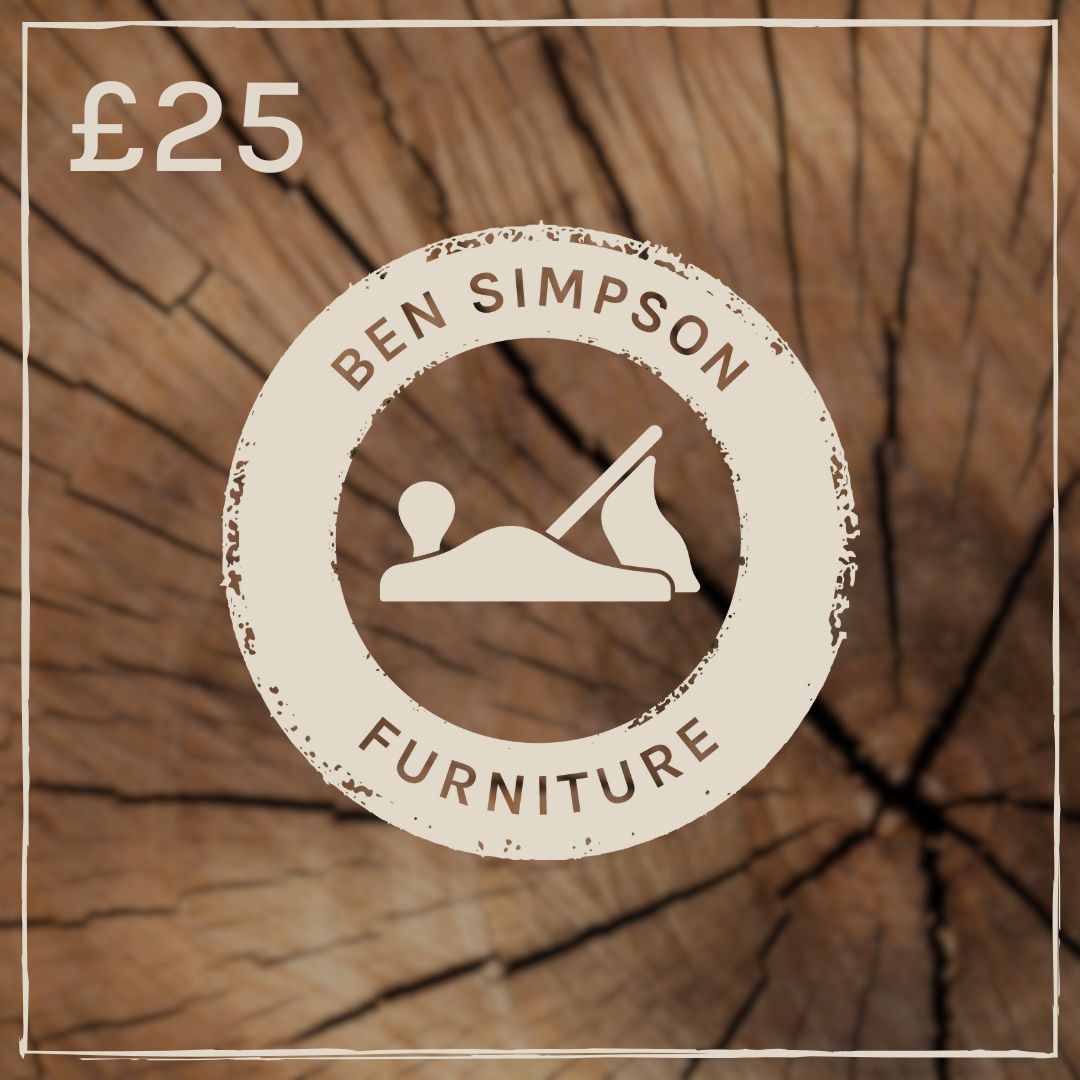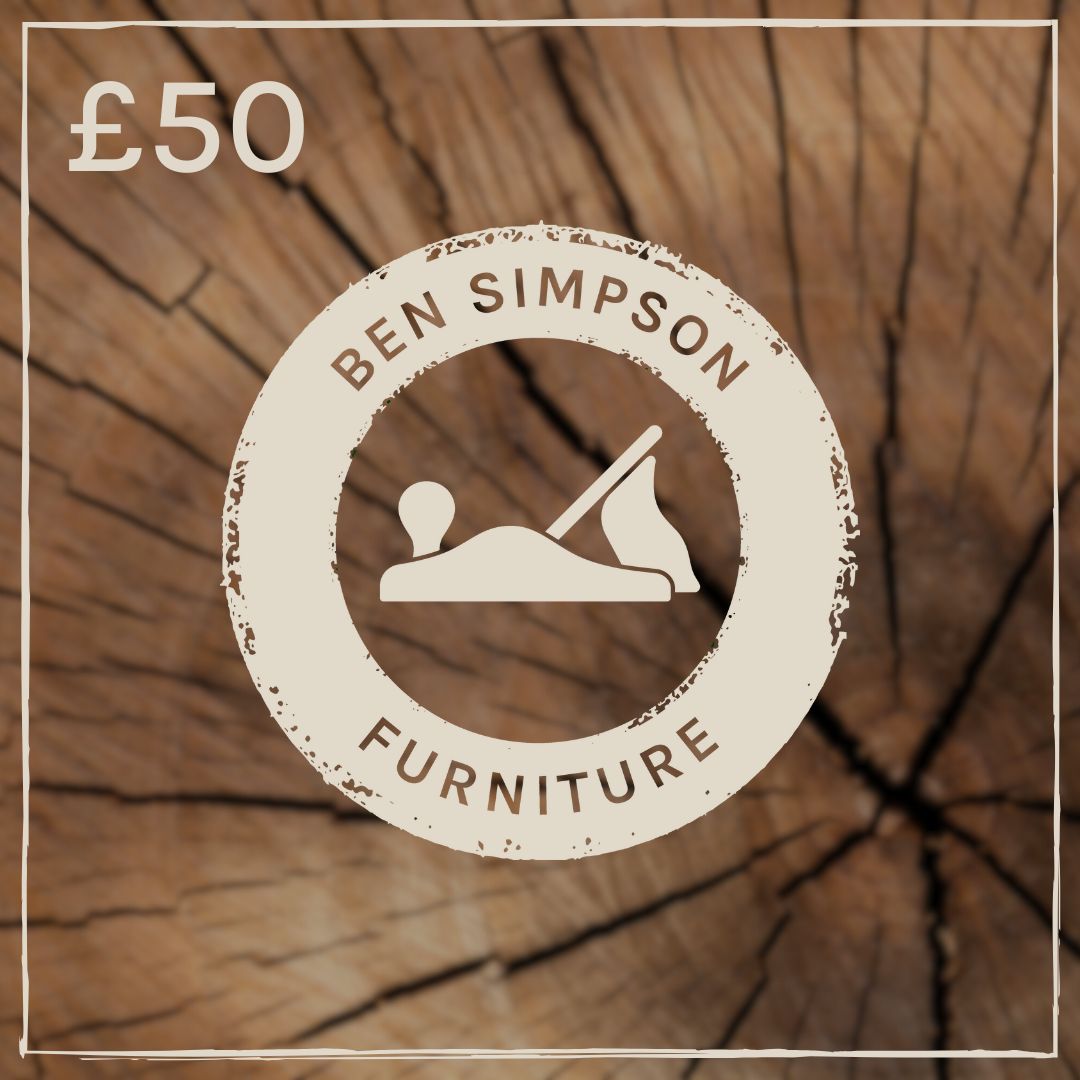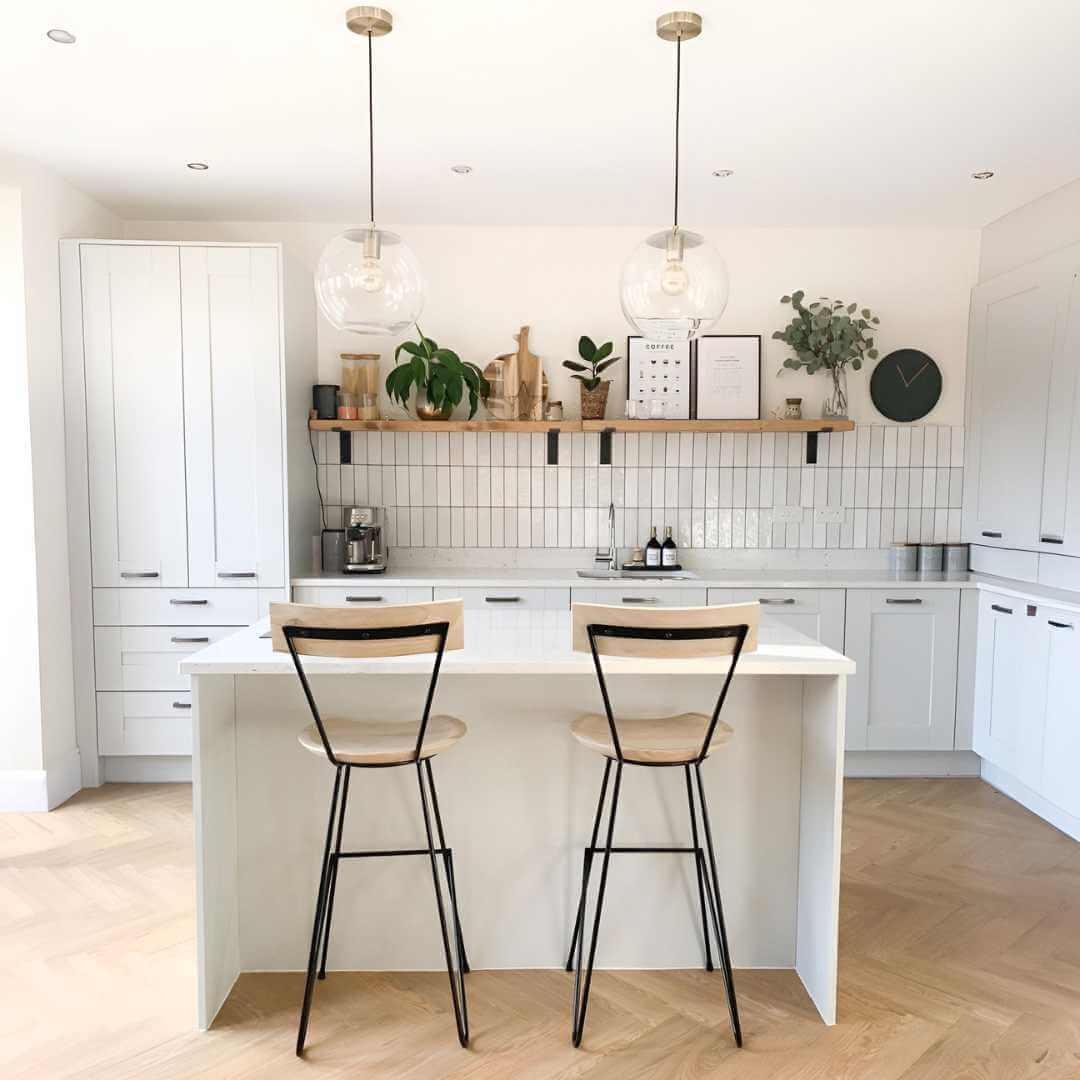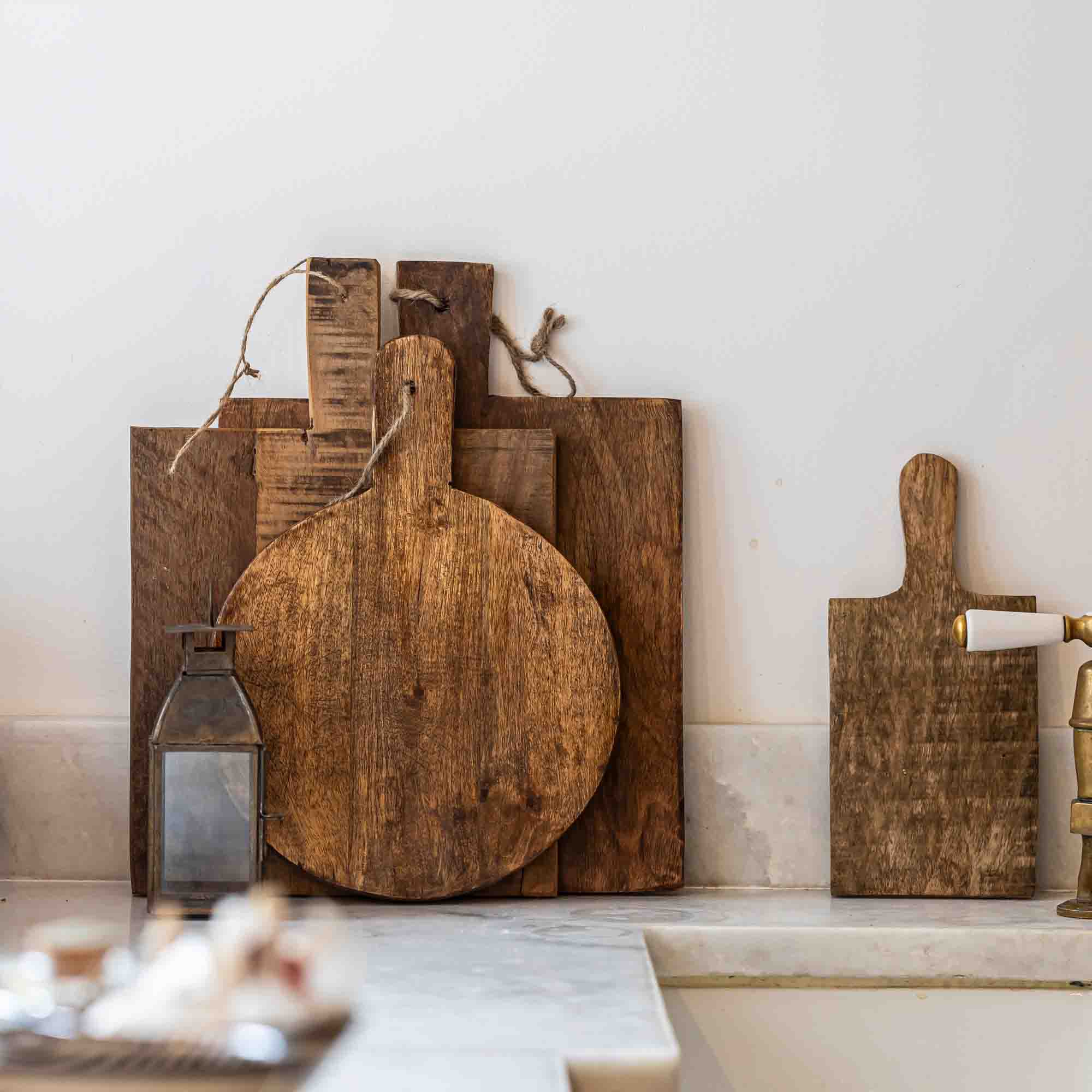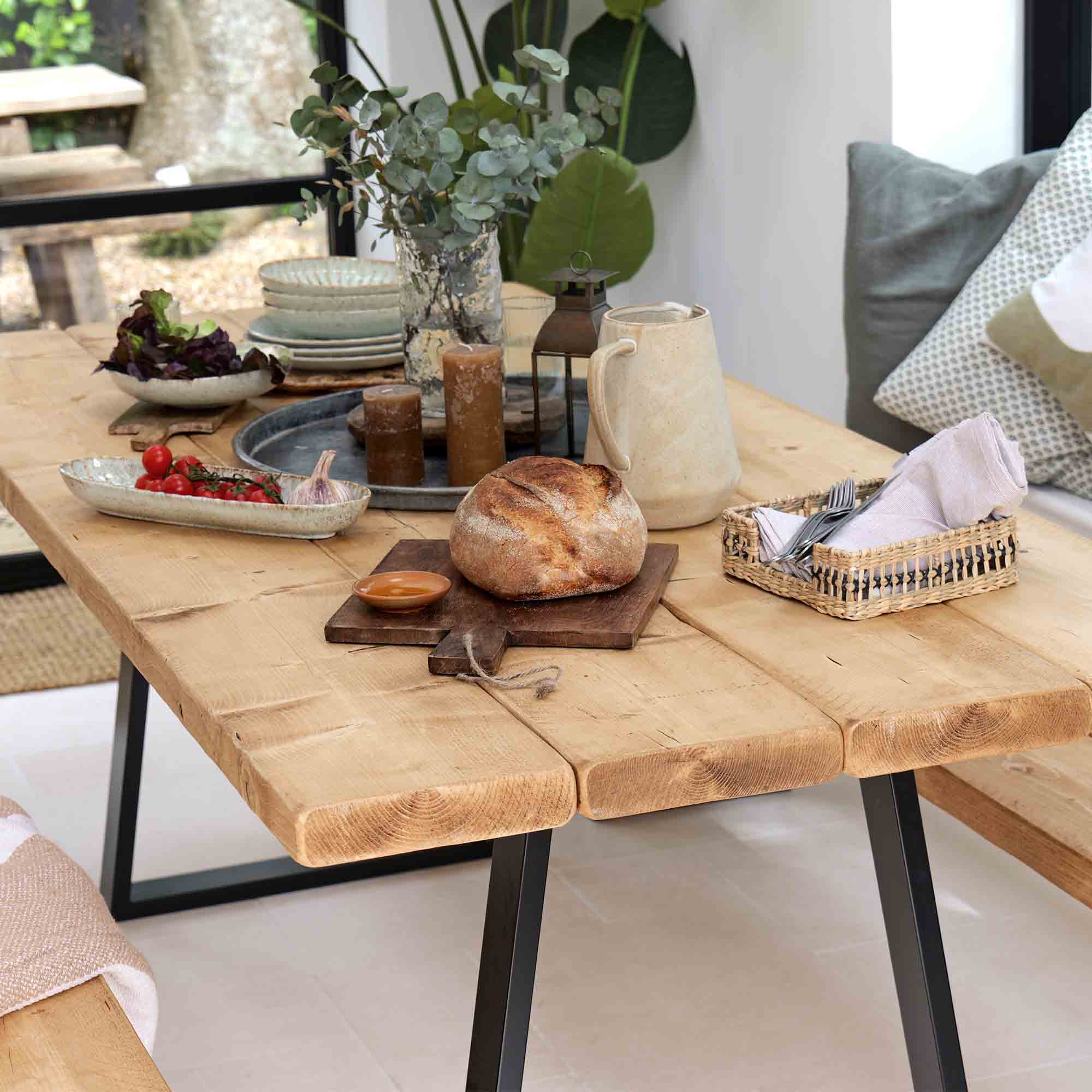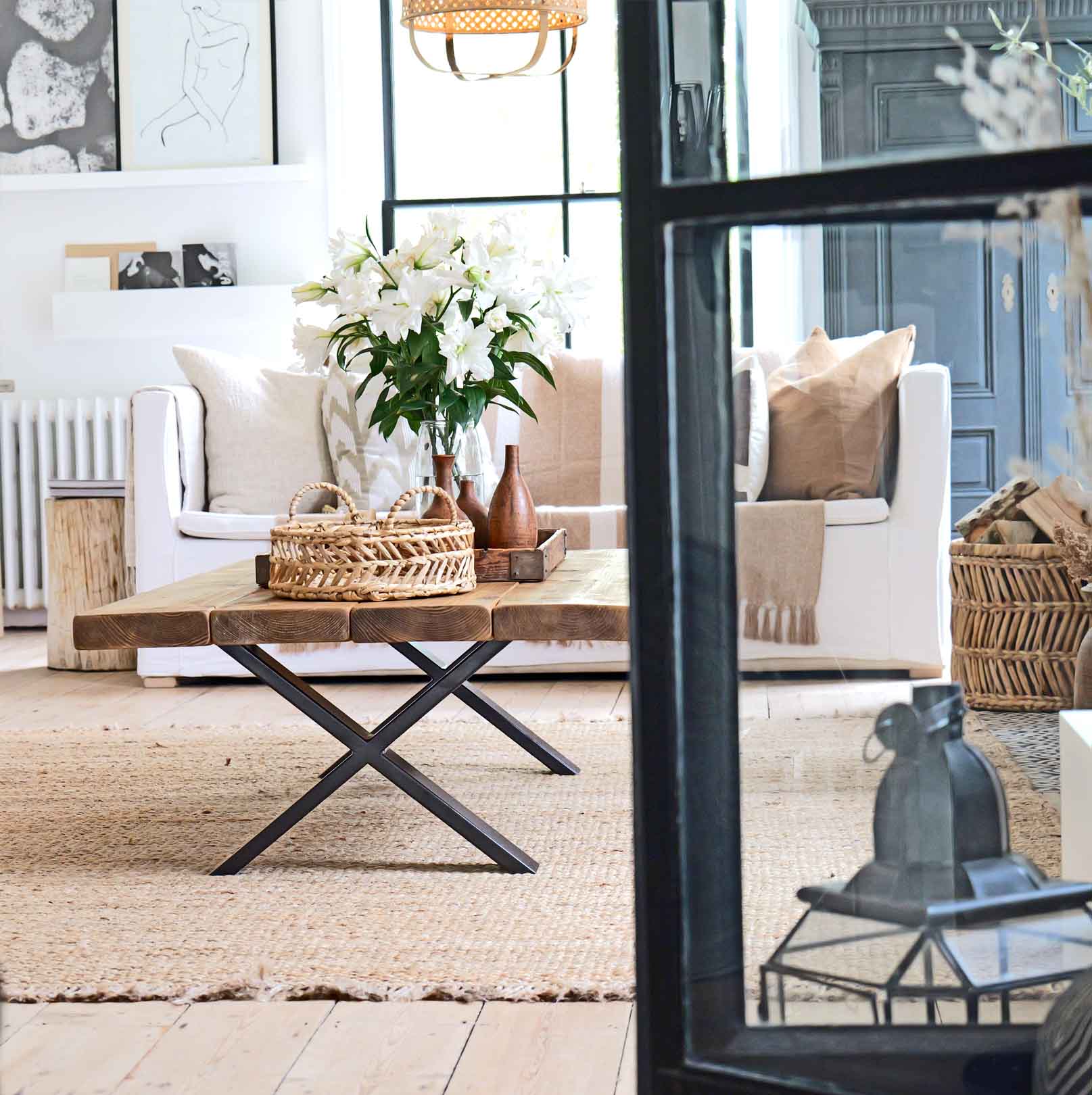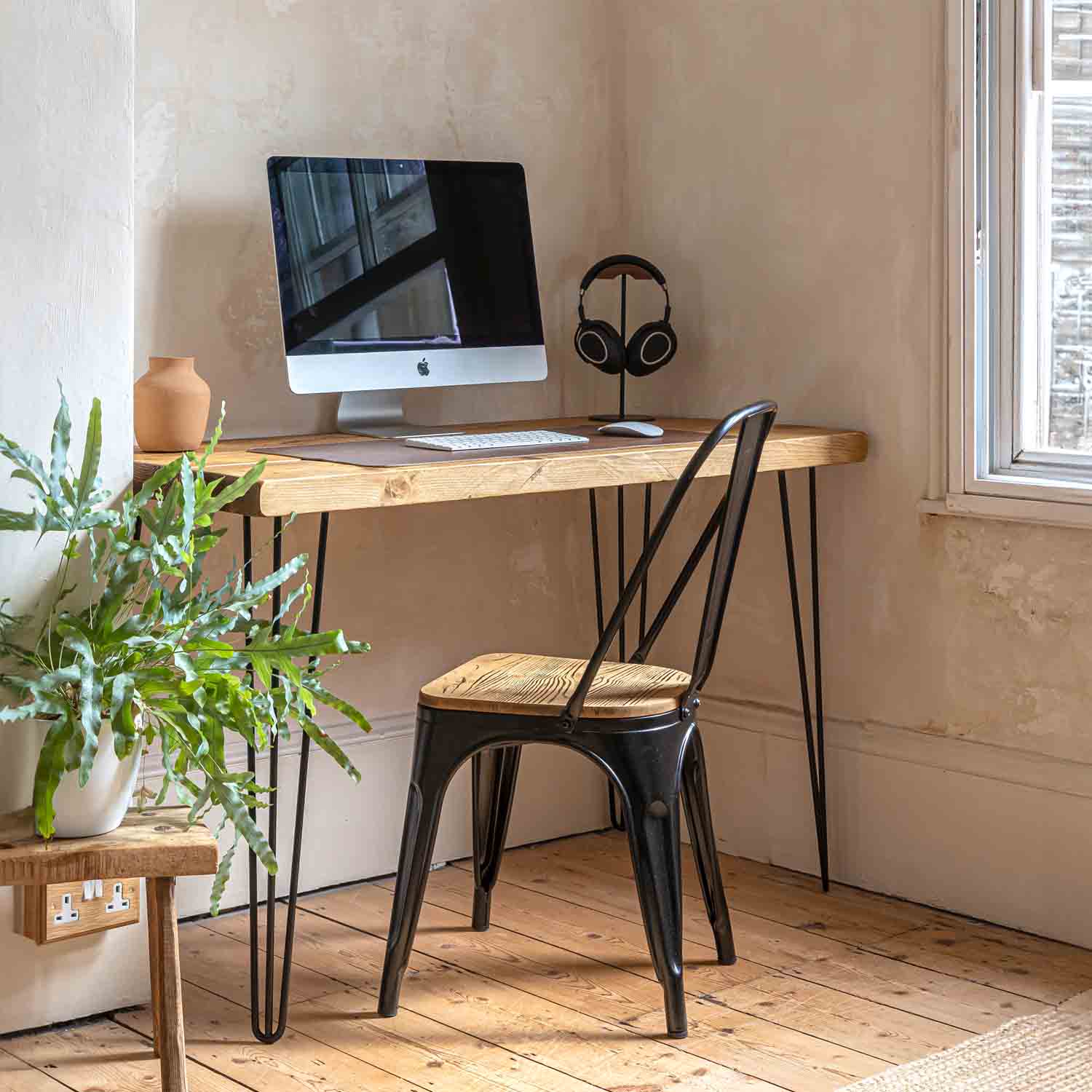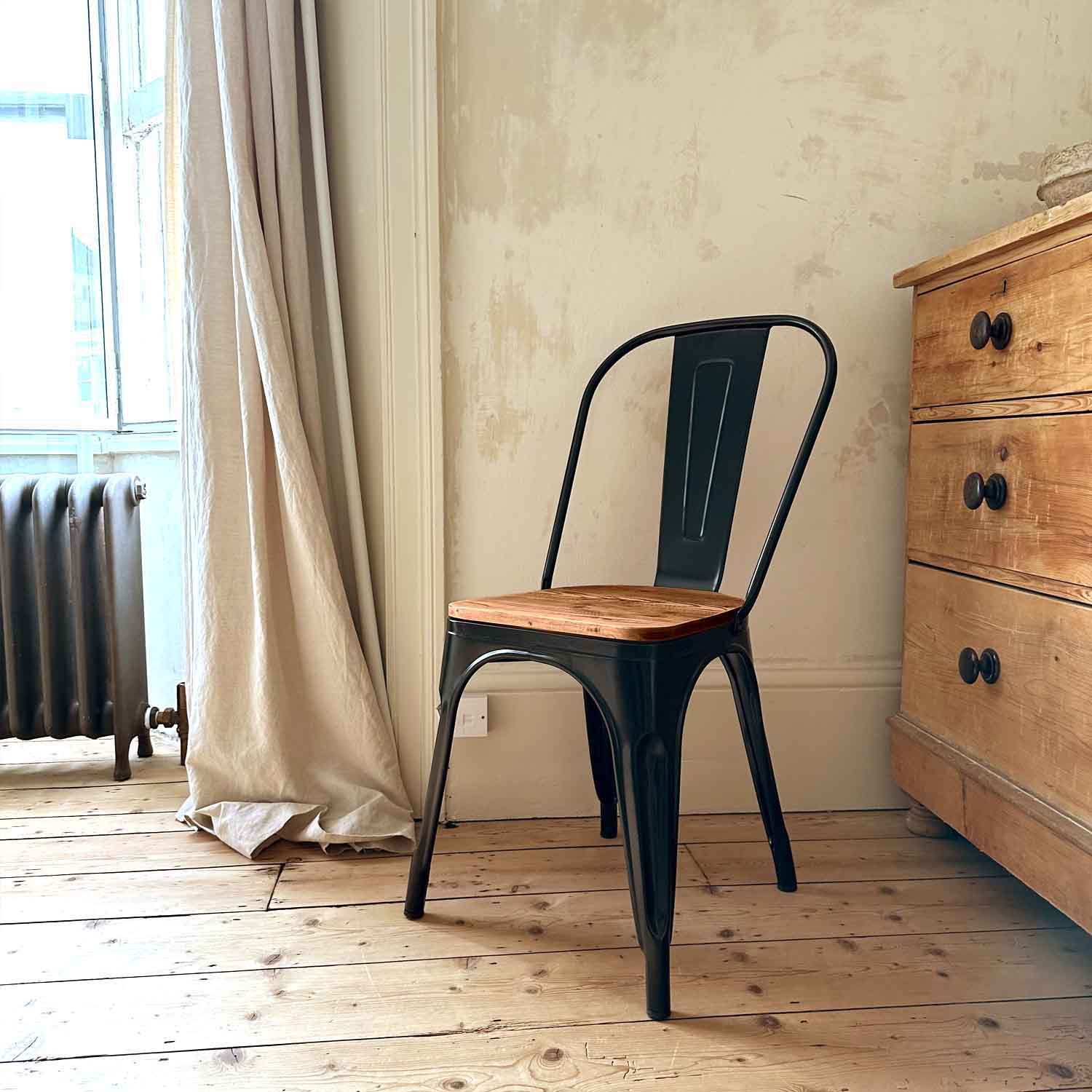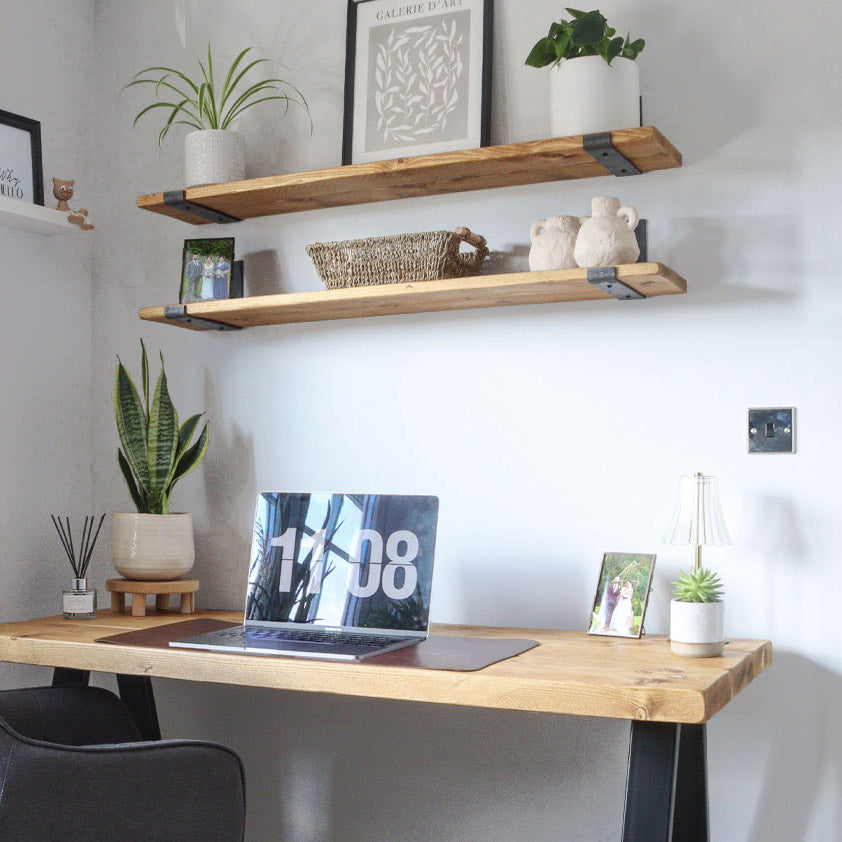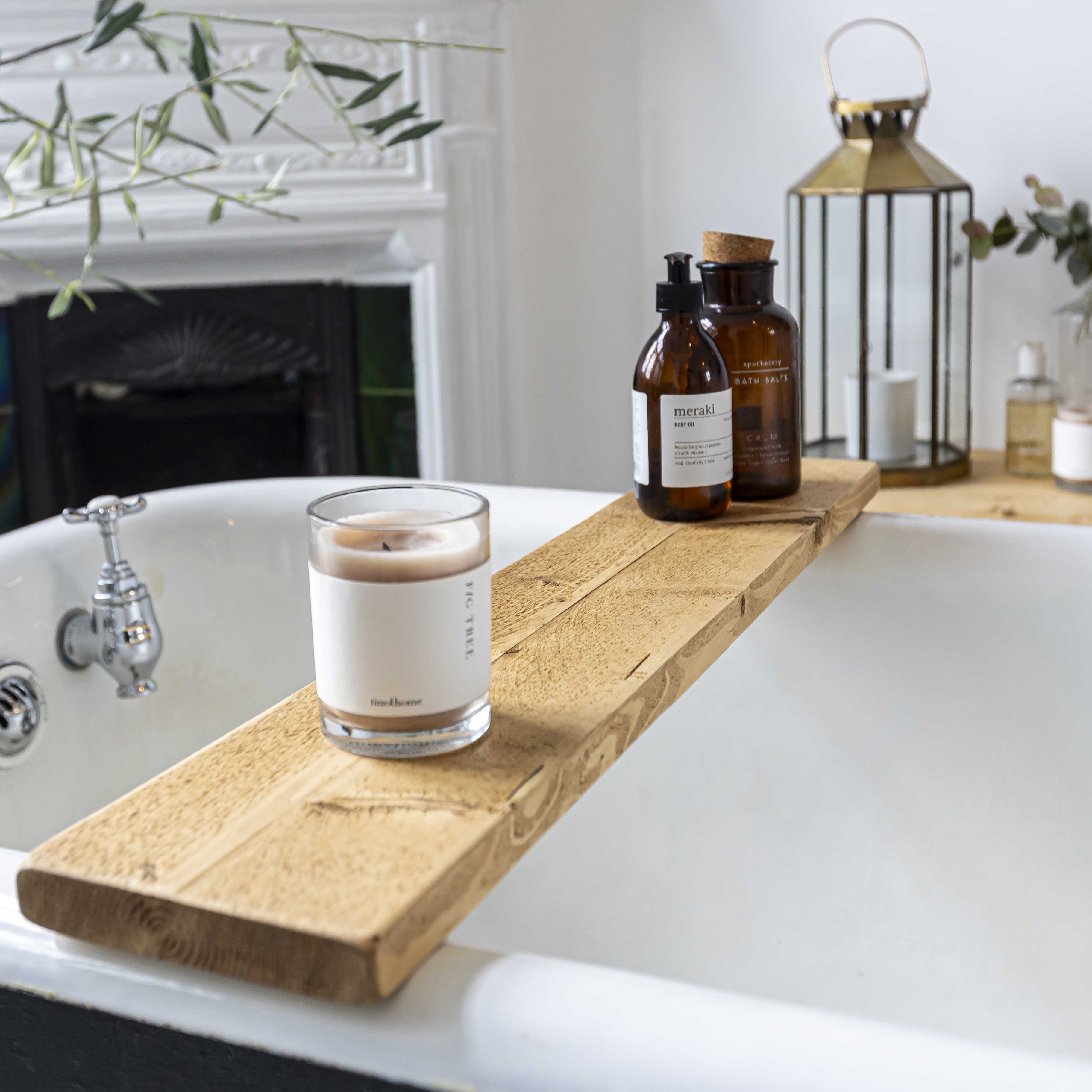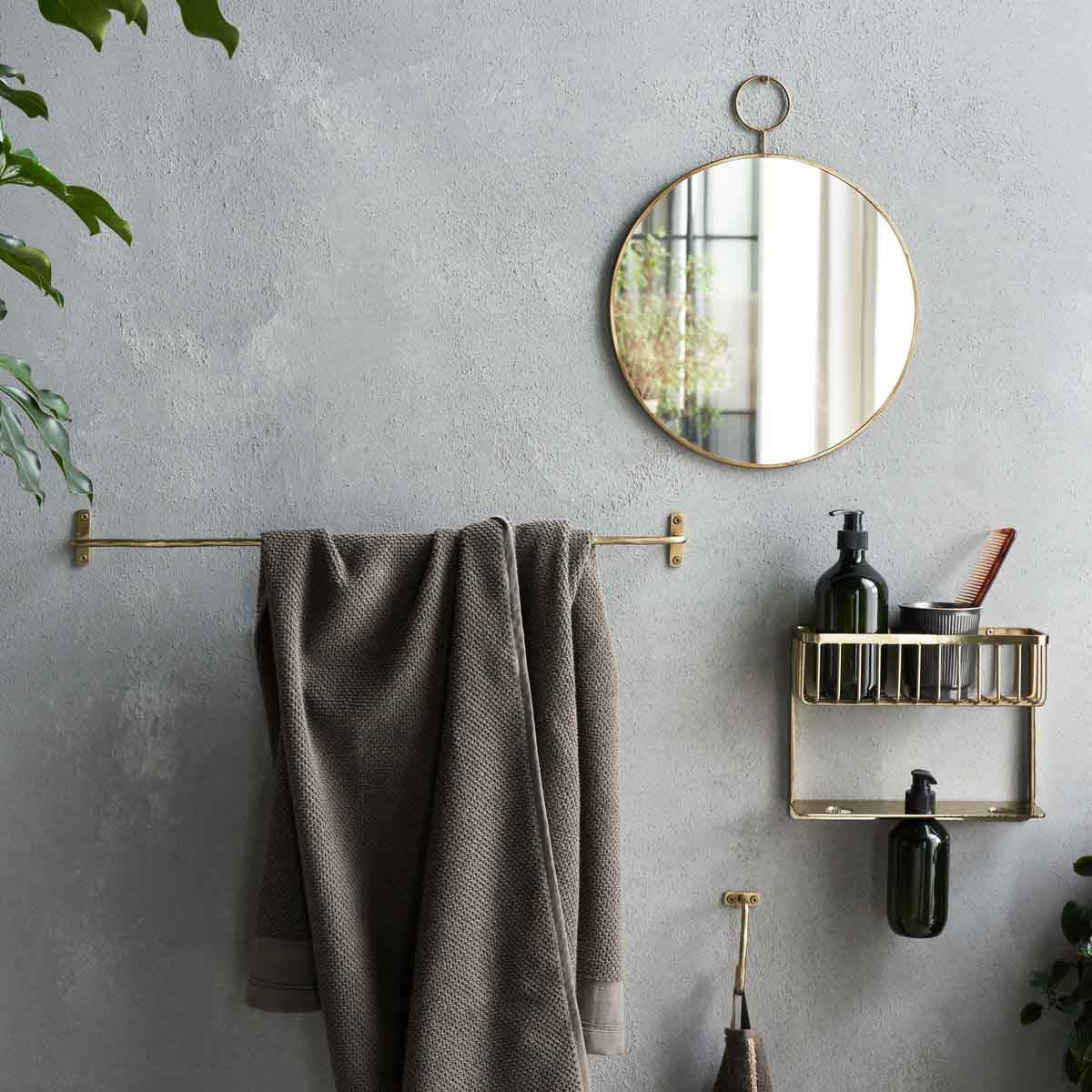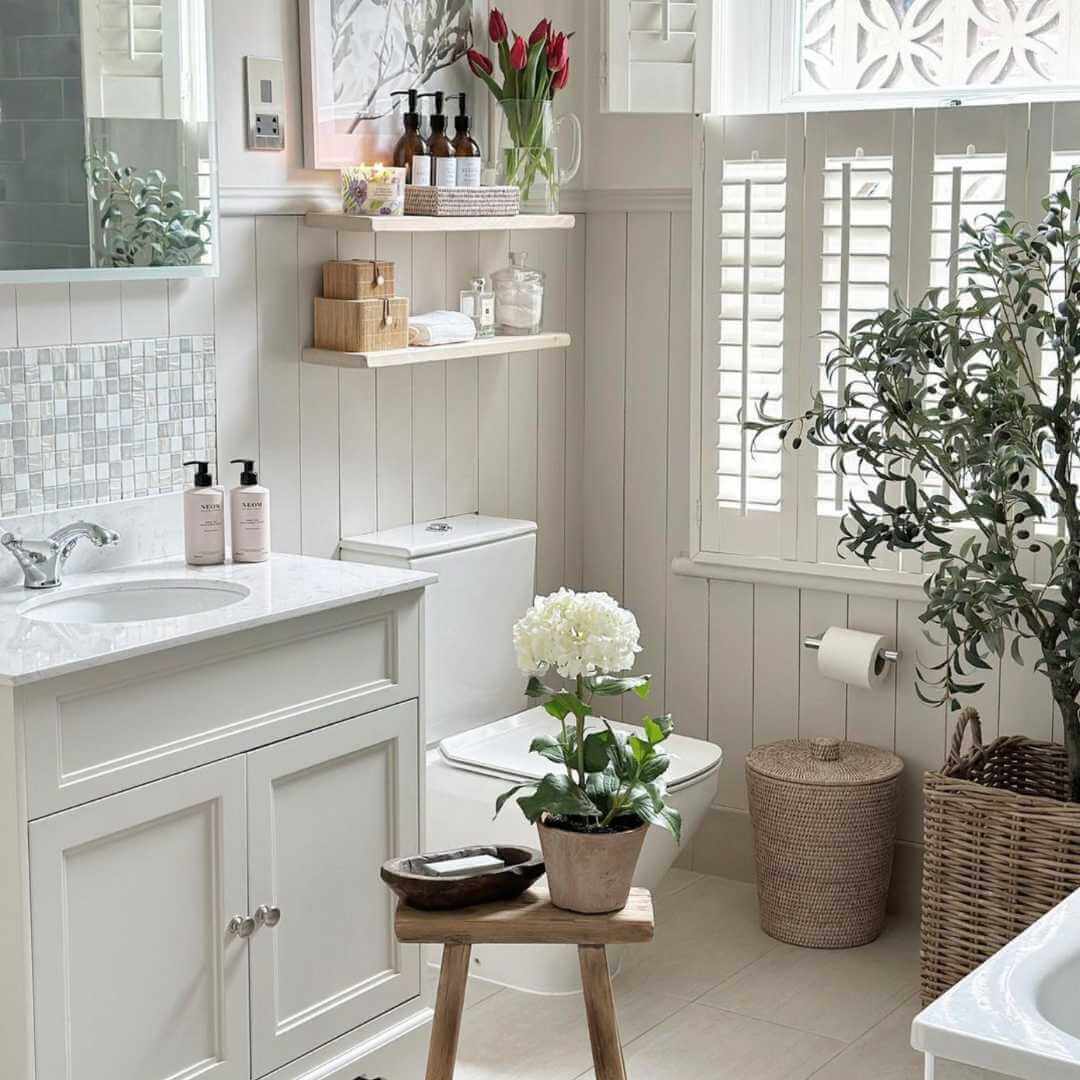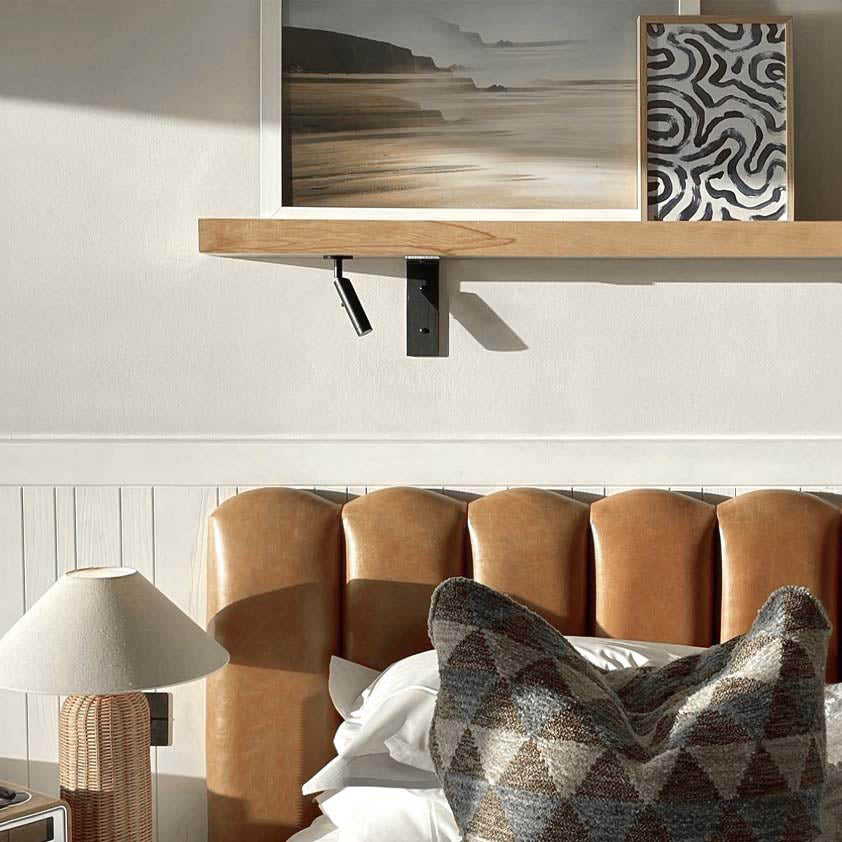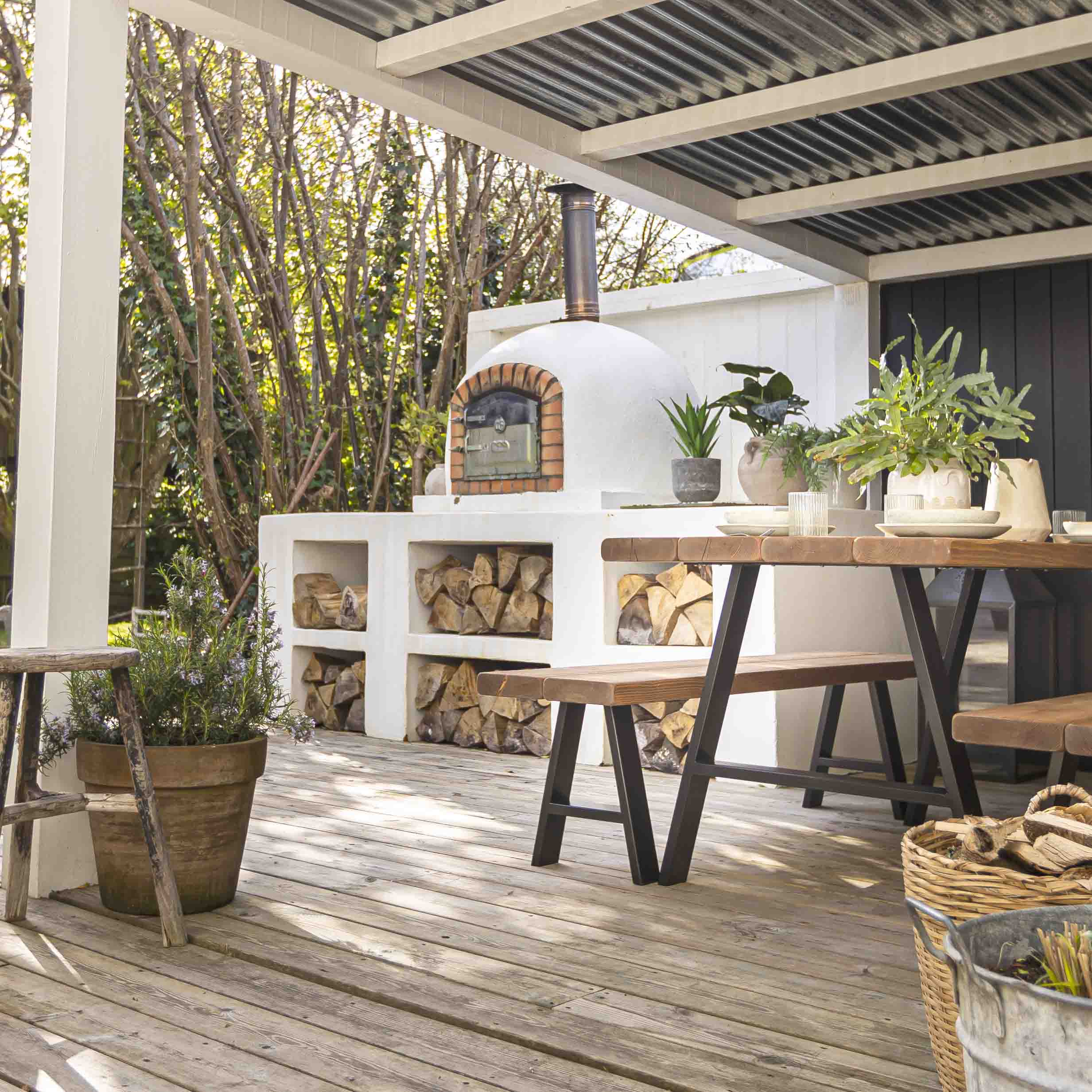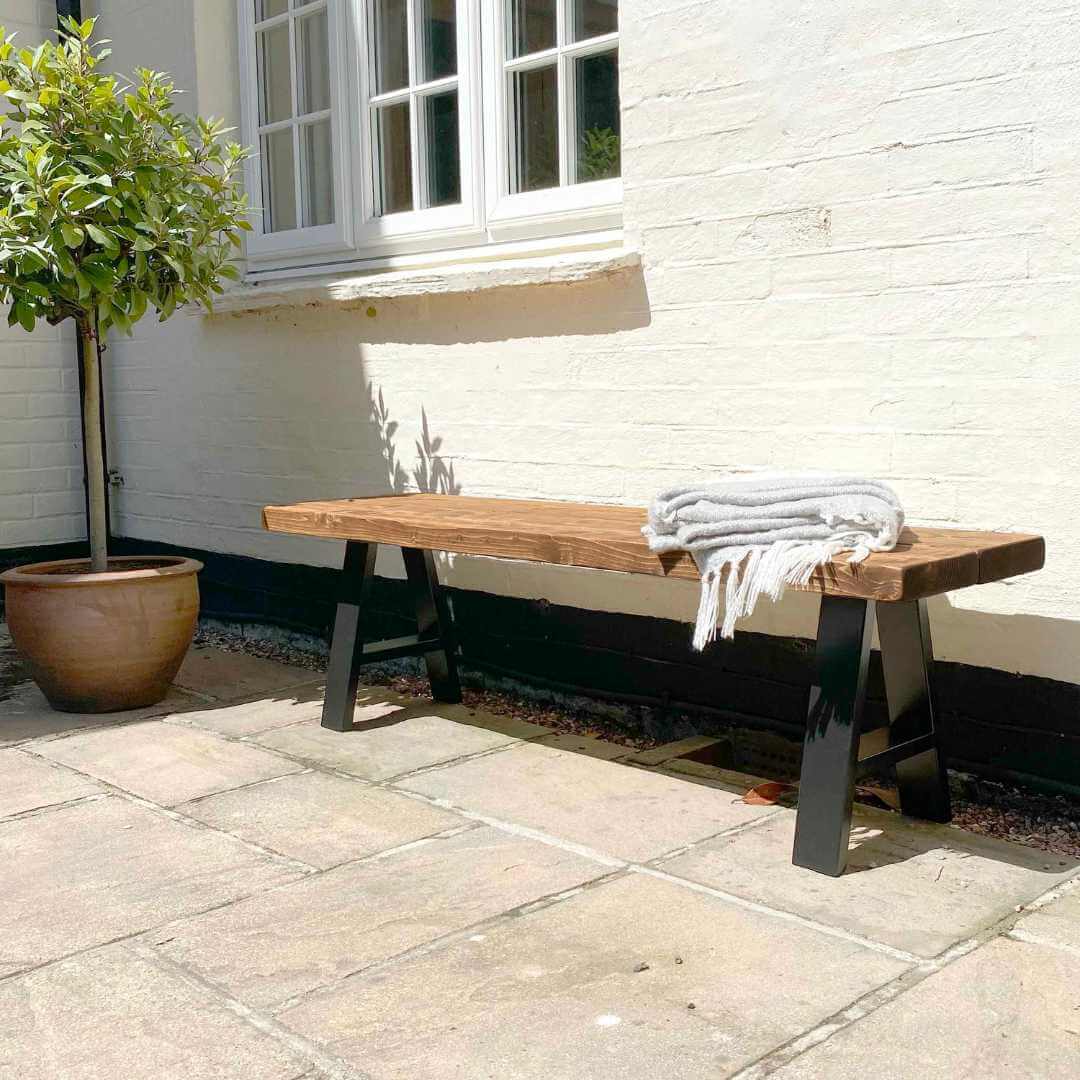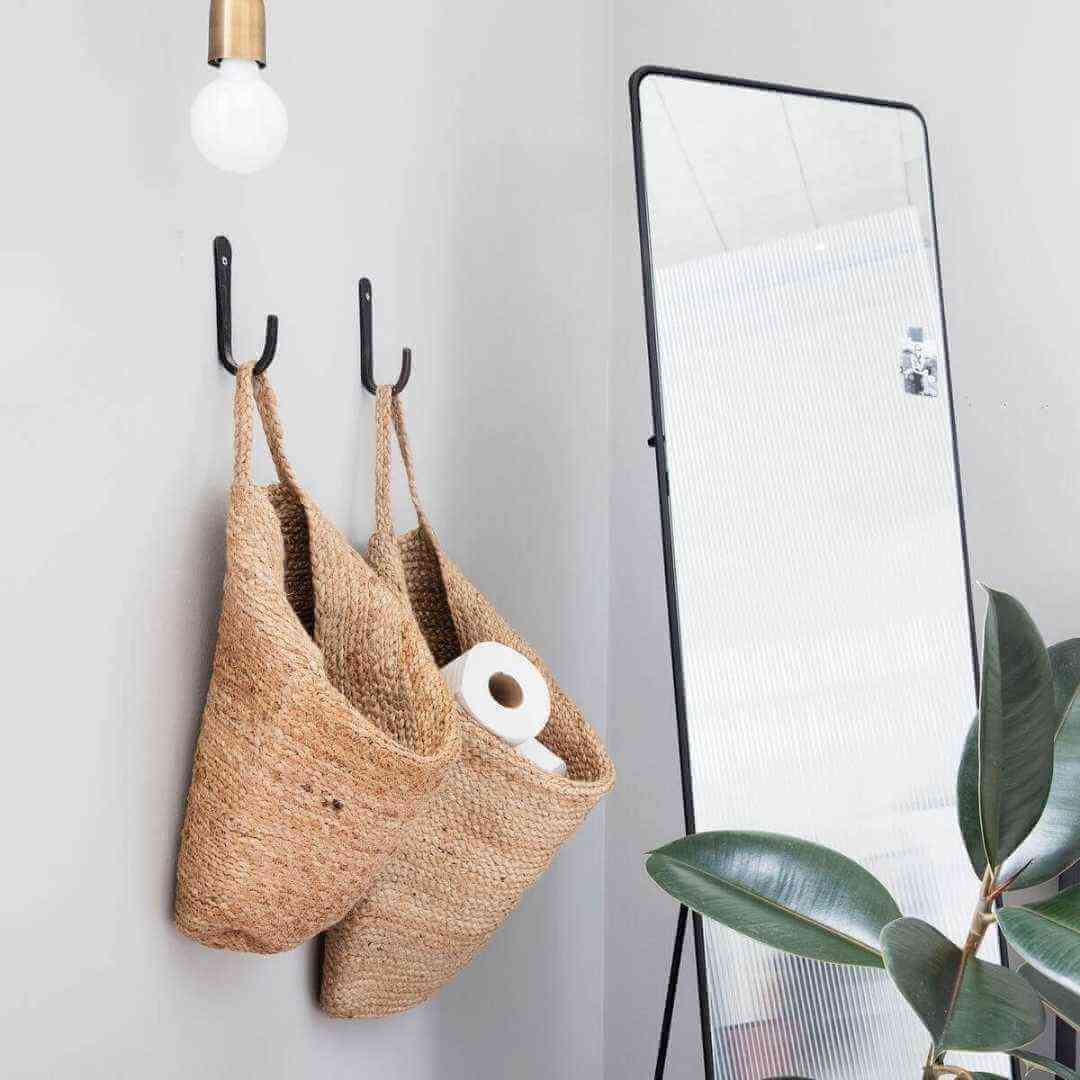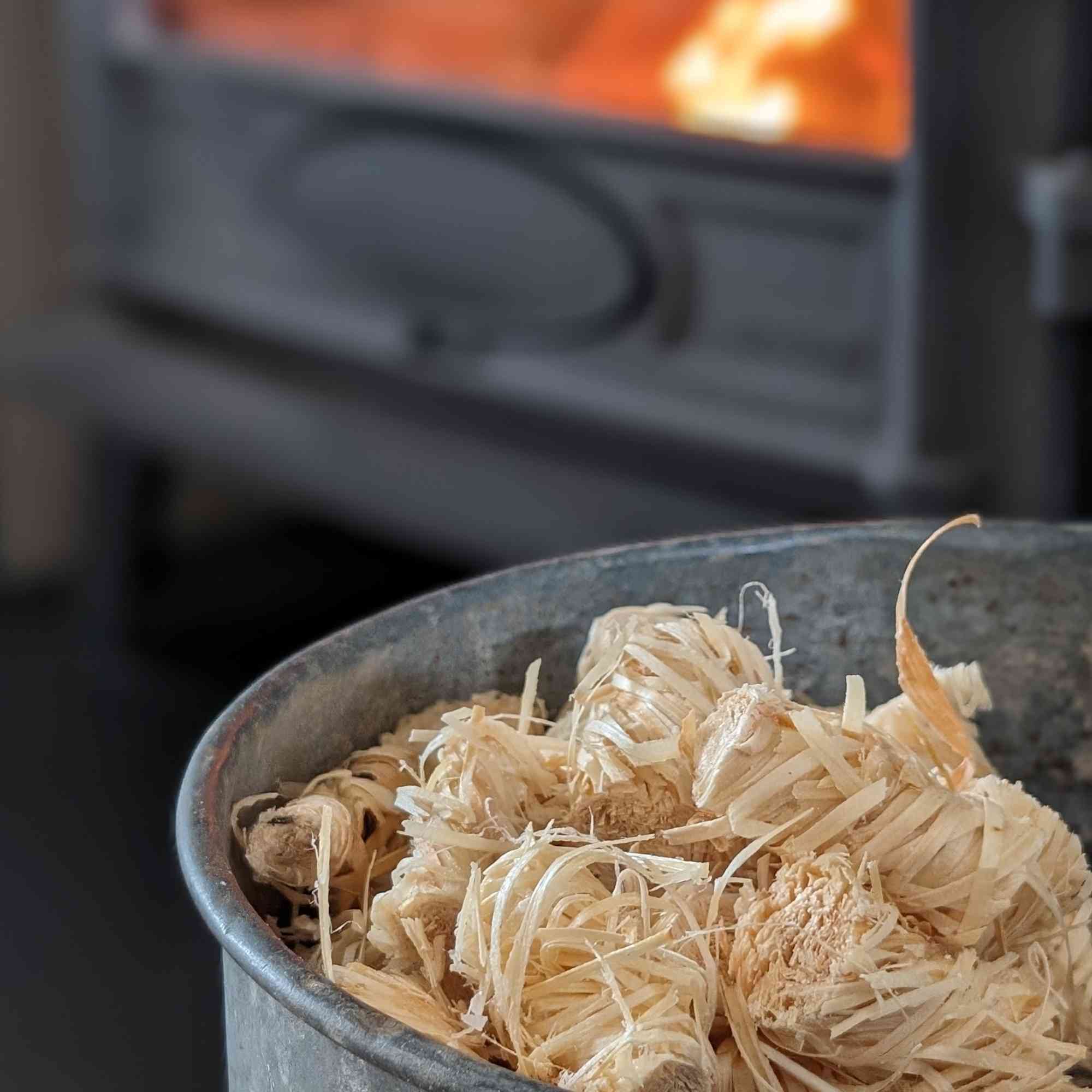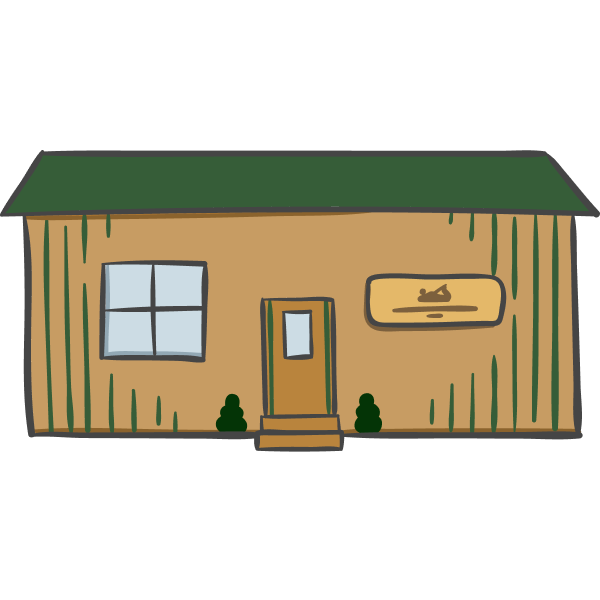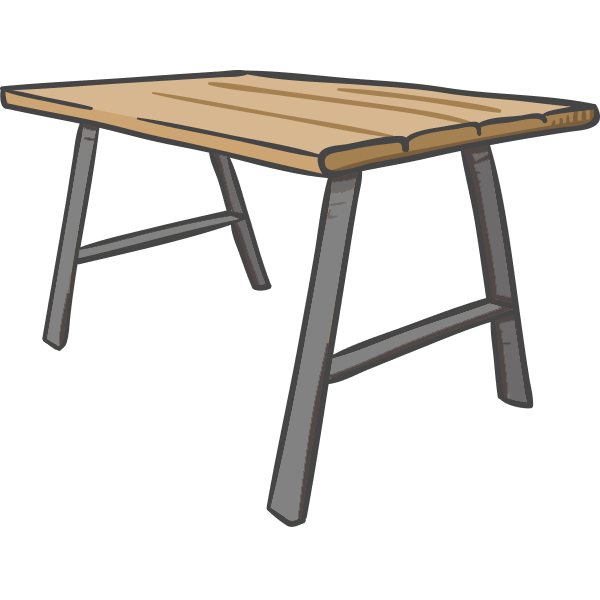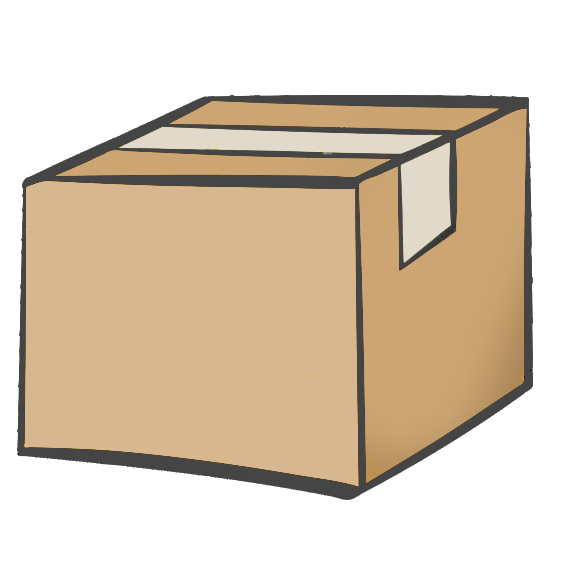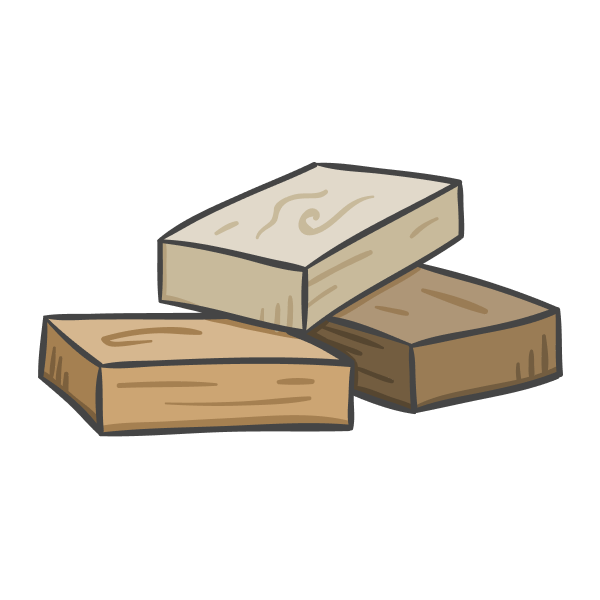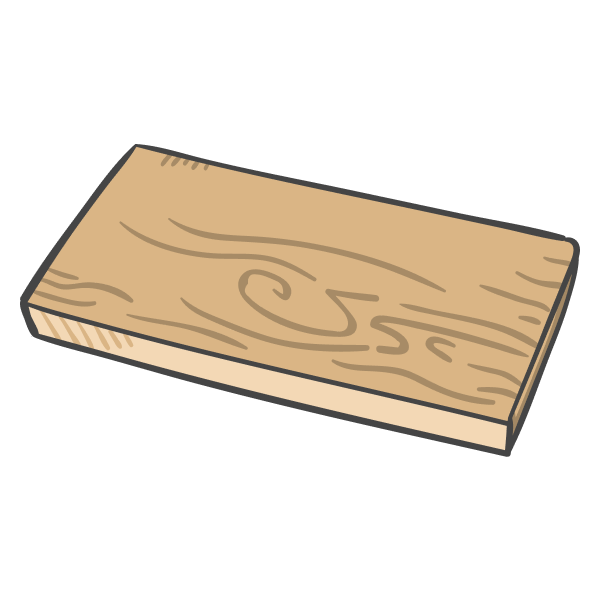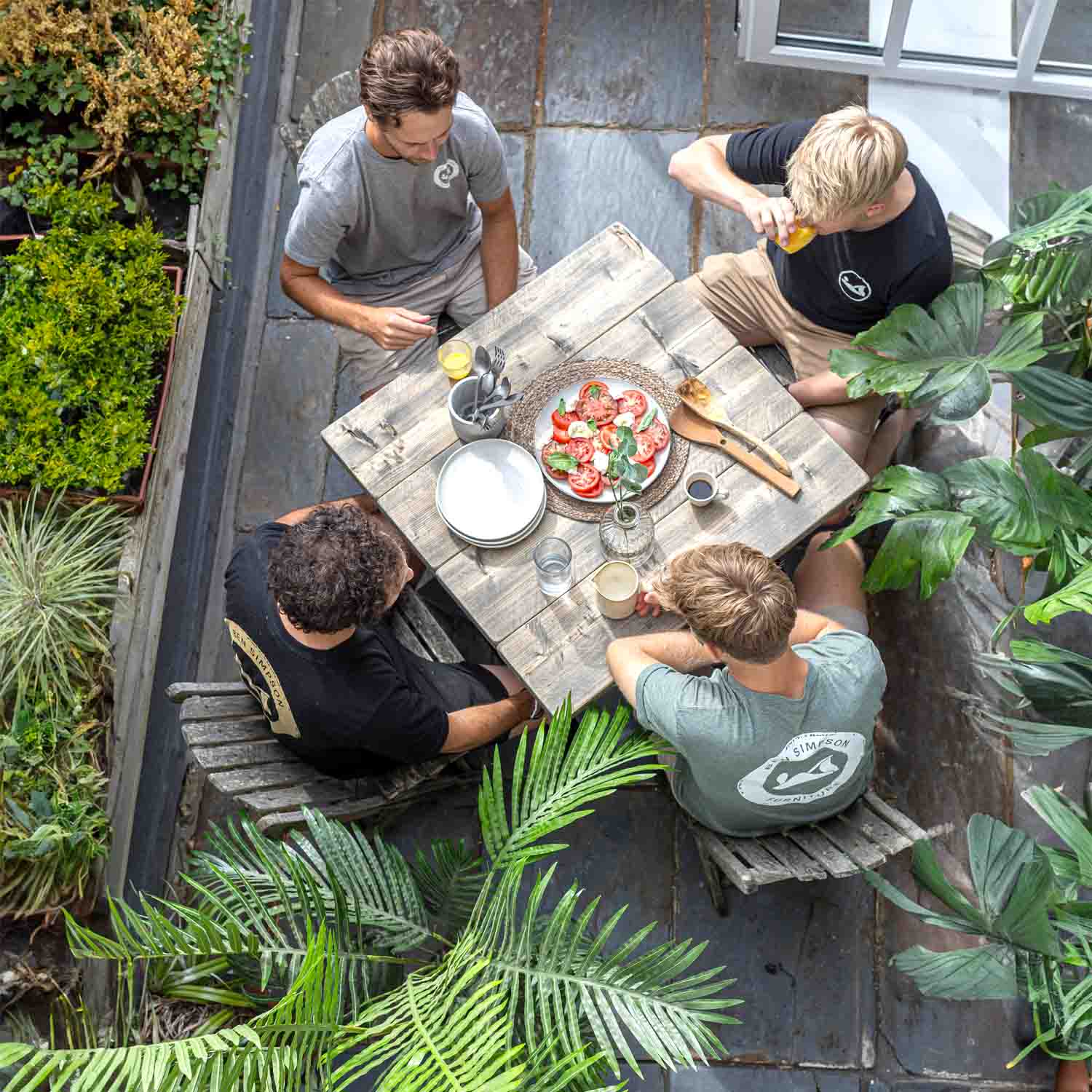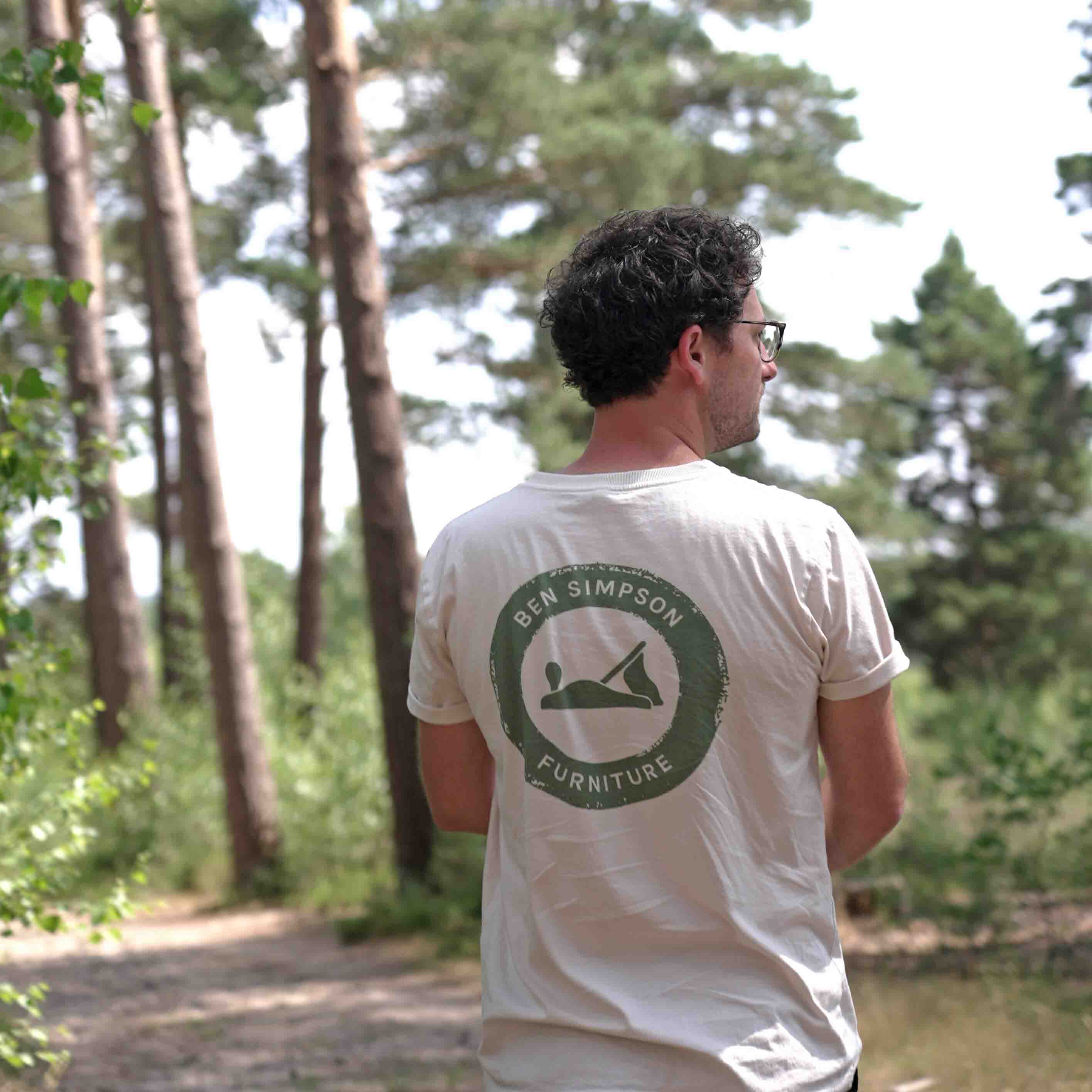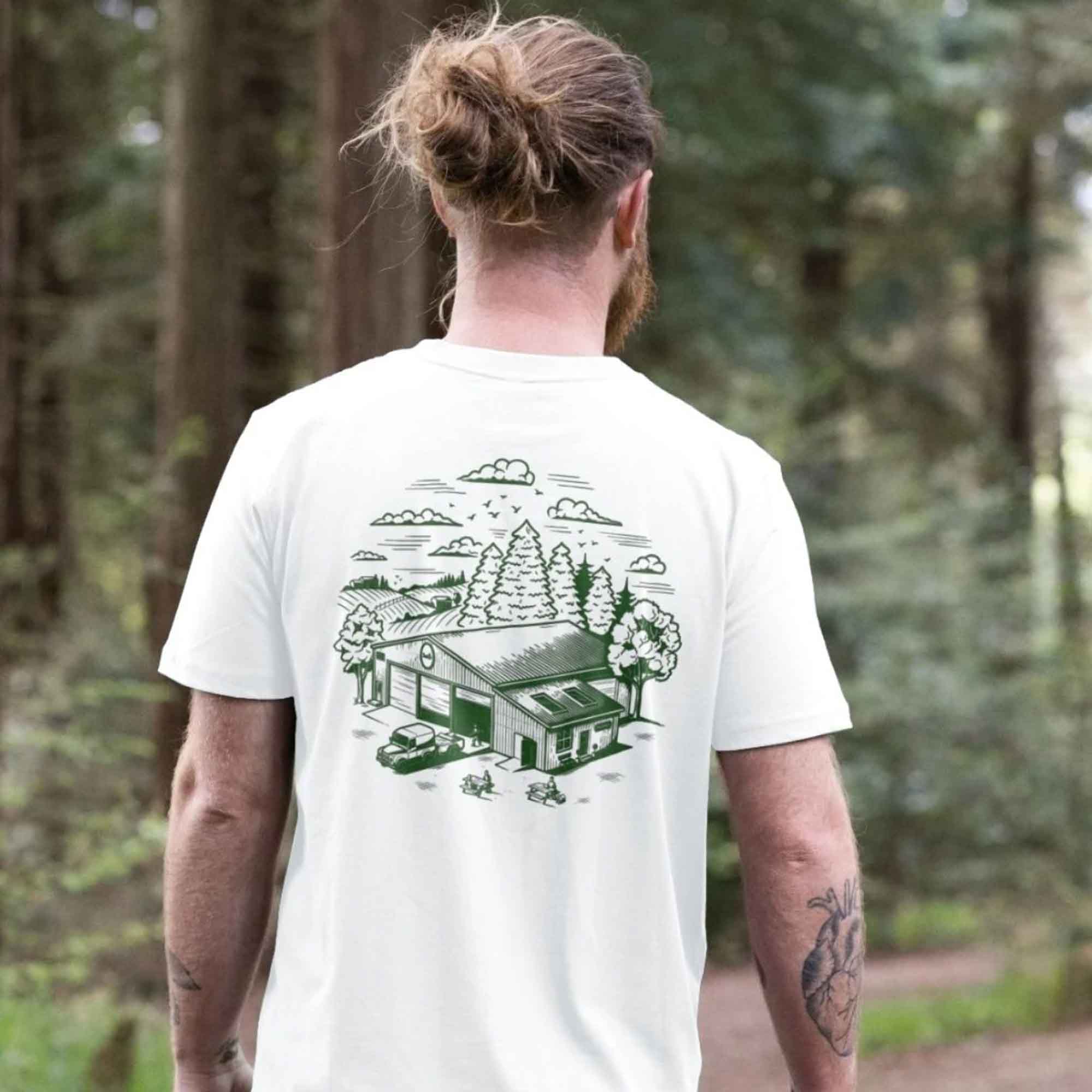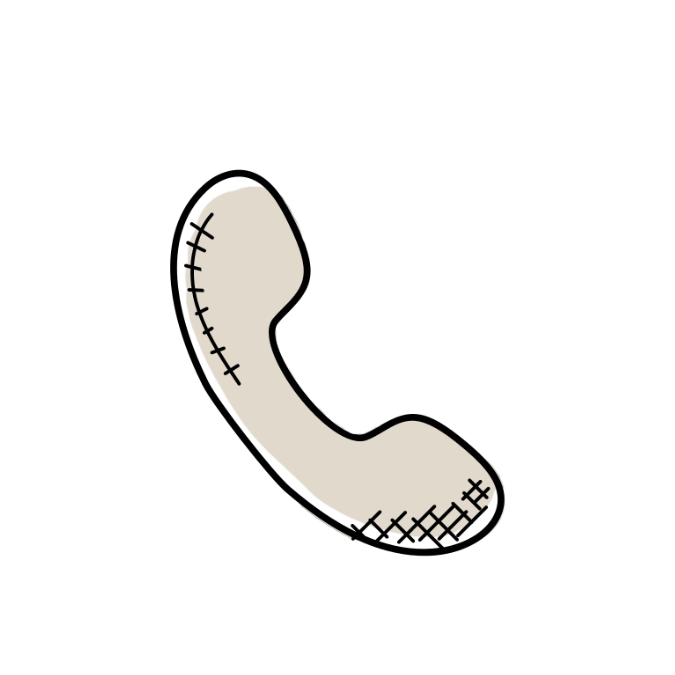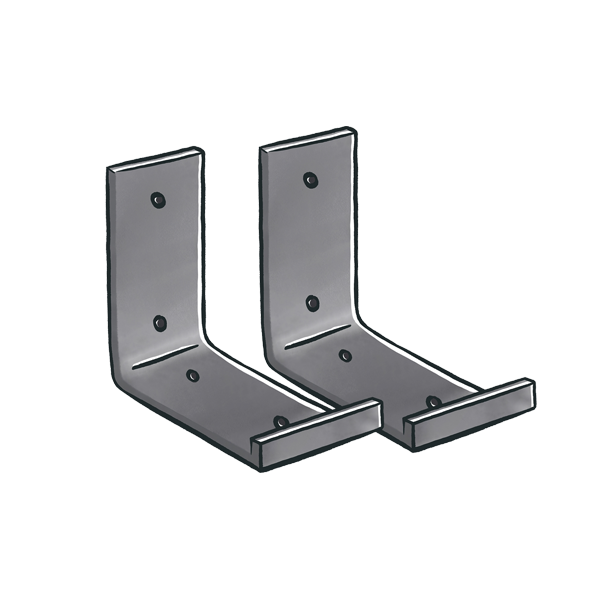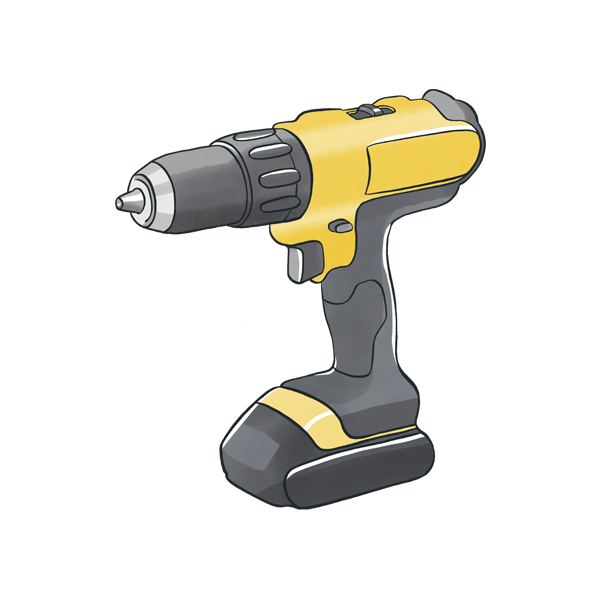Creating The Ultimate Herb Garden Shelf
7 Minute Read
Growing your own herbs is one of the fastest ways that you can infuse your cooking with a greater depth of flavours. There really is nothing like fresh basil added to a summer salad, sprigs of fresh rosemary with your roast potatoes on a Sunday, and mint in a refreshing pitcher of water – or a cocktail – on a hot summer’s day. Once you’ve got the hang of growing your own herbs, we can assure you that you won’t want to go back to tiny jars of dried herbs.
Let’s take a look at how you can create the perfect herb garden shelf in the comfort of your own home.
Which herbs should I grow?
There is no single correct answer to this question – because it really depends upon the type of herbs that you like to use in your cooking! If you’re new to using fresh herbs in your cooking, then having a broad range of herbs will give you the opportunity to experiment – and because many herbs only live for a limited time, you can leave the ones you don’t enjoy to go to flower, for the bees to enjoy. There are a number of herbs that are incredibly easy to grow though, so if you’re brand new to growing, this is the best place to start.

What are the easiest herbs to grow?
Although your herbs will always need attending to, and need the right amount of care, these are some of the easiest herbs to grow. If you’re buying potted herbs to go in your garden, they usually come with care instructions, so follow these carefully to give your herbs a much greater chance of survival.

Basil

Thyme

Oregano
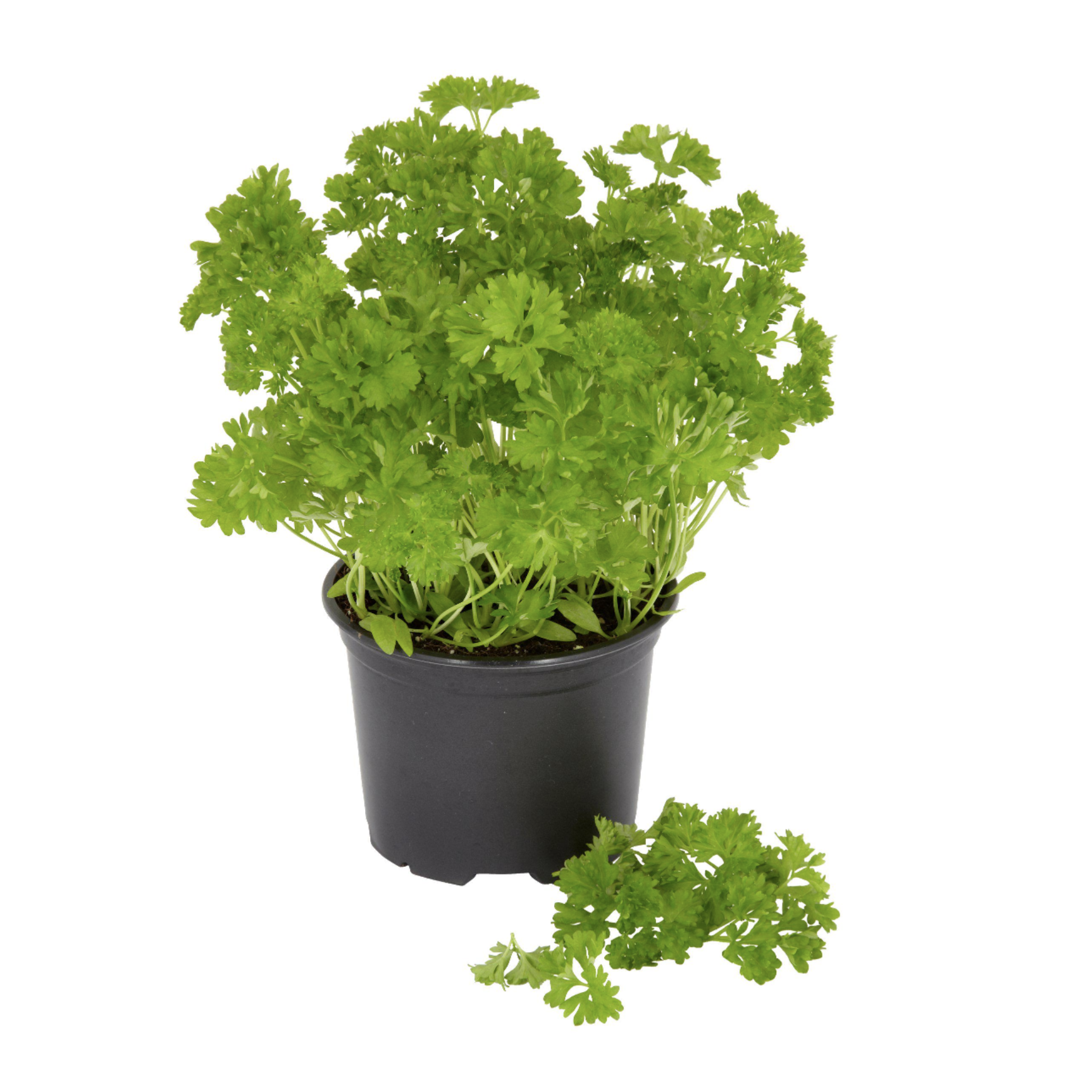
Parsley

Coriander

Mint
While these tend to be the easiest herbs to grow, you’ll still need to think about keeping them in the right place – some herbs, such as basil, parsley, and coriander don’t do well with too much sun, while others, such as oregano, mint and rosemary don’t like dark places and won’t thrive without exposure to the sun.’t thrive without exposure to the sun.
Annual herbs
These herbs only grow for a year before they die. You don’t have to be a professional gardener to know when they are going to finish their lives, as most will flower just before they go to seed and die off. Examples include basil, coriander, and dill.
Perennial herbs
These are longer lasting herbs, and typically live more than two years. Although they will go dormant, or appear to die back during the winter, they will come back in the spring – as long as you take the right care of them during the spring and autumn. Examples include chives, mint, tarragon, oregano, rosemary, thyme, and sage.
Biennial herbs
Some herbs last for two years, growing during the warmer months and going dormant in the winter, before flowering before they die and need replacing. Examples include parsley and watercress.

Should I grow from seed or buy potted herbs?
There are merits to doing both. If you’re short on time, or want to be able to start using your herbs immediately (perhaps in your outdoor kitchen) then buying potted herbs is absolutely fine – and you can keep them growing. But if you have children around, or you want the satisfaction of nurturing your herbs from seed yourself, then it can certainly be a fun way to see the whole life cycle of the plant, and to enjoy trying different varieties in your cooking.


How can I create herb garden shelf?
When you don’t have a huge amount of space in your garden, but you want to be able to grow herbs for use in your kitchen, then think vertically rather than on the ground. By making use of wall, or fence space, you can grow all the herbs you want, and you can create the shady areas that some of those herbs need to thrive.
We’ve talked about how to use outdoor shelves on our blog before, and there’s a lot to consider – the location, the size of the shelves, the amount of exposure to the weather that the shelves will encounter, and the right types of fixings. Make the most of a sheltered spot, ideally close to your kitchen or your door, and your herbs will thrive on a herb garden shelf.
If your herb garden shelves are completely exposed, rather than in a conservatory or under cover, then you’ll need a strong shelf to withstand the elements. Our metal bracket shelves are hard-wearing, and if treated with an appropriate wood finish, will last for many years. It is a good idea to keep your herb pots on dishes or saucers, so that the wood can dry out properly, preventing rot.
What if I grow too many fresh herbs?
We’re not sure that there’s such a thing as too many fresh herbs, but if you’ve been really successful, you might end up with more than you can manage to consume before they start rotting. Rather than putting them in your compost bin, you can harvest them and freeze them. Harvesting in the autumn (before the first frost) means that you’ll be able to make use of them throughout the winter. There are several ways to freeze your herbs, so if you have a glut of one or more types of herbs, then you can try one of the several methods detailed here, to determine which one you prefer.
Time for you to create your own herb garden shelf
Whether you’re green fingered or not, starting to grow your own produce can be easy – and starting a herb garden is perhaps one of the simplest ways to test your abilities. You don’t need a huge amount of space, and if you make use of outdoor shelves, you can grow enough herbs to completely revolutionise the flavours in your cooking. Whether you start out with potted herbs from the supermarket or garden centre, or you grow them from seed, keeping your herb garden going is well worth the effort – we’re sure you’ll love it. If you’ve created a herb garden with shelves, and you want to show it off, tag us on your Instagram post @bensimpsonfurniture – we love to see, and share your homes with our followers.
Follow our Instagram
Tag @bensimpsonfurniture & join our community!
Checking...
Related Posts...

What Length Mantel Looks Best?
Ben Simpson Furniture

Sustainable Christmas Decorations For The Home
Ben Simpson Furniture

How to Decorate your Christmas Dining Table
Ben Simpson Furniture

10 Eco-Friendly Fireplace Styling Ideas to Warm Up Your Space
Ben Simpson Furniture

What’s The Perfect Size Desk For A Home Office?
Ben Simpson Furniture

